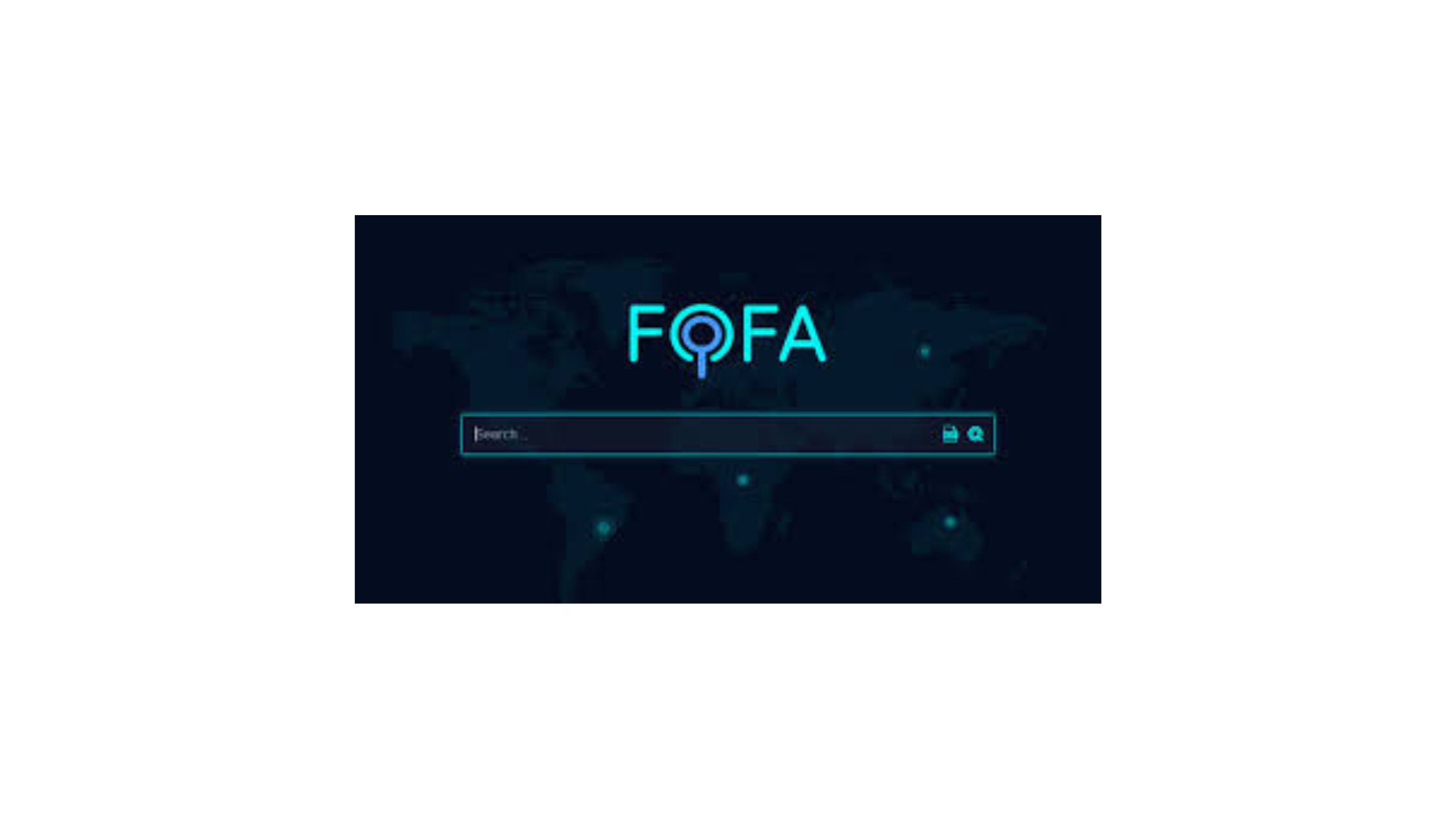Table of Contents
Fofa
Freemium
The first thing to understand about "Fofa" is that it's ambiguous. A quick search reveals multiple potential meanings, often depending on the specific context. In the realm of cybersecurity, it can refer to a network security search engine, similar to Shodan or Censys. However, without further context, assuming this is the correct meaning can lead to misinterpretations. Therefore, consider "Fofa" as a potential indicator requiring further investigation, rather than a concrete term with a fixed definition. This ambiguity highlights the importance of careful analysis and contextual awareness in cybersecurity. You can visit the Fofa homepage for more information.
Key Features (Potential, Depending on Context)
If "Fofa" refers to a network security search engine (the most likely security-related meaning), its key features may include:
Vulnerability Scanning: Identifying potential weaknesses in systems and networks.
Asset Discovery: Mapping out internet-connected devices and systems.
Protocol Analysis: Examining network traffic to identify protocols and services in use.
Data Leak Detection: Identifying potentially exposed sensitive information.
Customizable Search Queries: Allowing users to create specific searches based on various criteria (e.g., IP address, port, banner information). Fofa help articles can guide in creating search queries.
Real-time Data Updates: Providing up-to-date information on internet-connected devices.
API Integration: Enabling integration with other security tools and platforms. Check GoFOFA on Github for API.
*Note: These features are speculative and depend entirely on which "Fofa" you are referring to. Verify the features against the specific tool or context you are investigating.*
Use Cases or Applications
Again, assuming "Fofa" refers to a network security search engine, potential use cases include:
Threat Intelligence: Identifying emerging threats and vulnerabilities by monitoring internet-connected devices.
Attack Surface Management: Understanding an organization's external attack surface and identifying potential entry points for attackers.
Incident Response: Quickly identifying compromised systems and gathering information for incident investigation.
Security Auditing: Assessing the security posture of systems and networks.
Vulnerability Research: Identifying and analyzing new vulnerabilities in software and hardware.
Compliance Monitoring: Ensuring that systems and networks comply with relevant security standards and regulations.
Competitive Intelligence: Gathering information about competitors' infrastructure and technologies. See Fofa introduction.
What is Unique About "Fofa"?
If we're talking about a network scanning engine called "Fofa," its uniqueness might lie in its data sources, scanning techniques, or the specific types of information it collects. Some security search engines specialize in specific protocols or industries. It's crucial to investigate these aspects to determine its potential value compared to alternatives like Shodan or Censys. Without more specific information about the purported tool, it is impossible to make a value judgement.
Who Should Use "Fofa"? (Potentially)
If a network security search engine, the users could be:
Security Researchers: Investigating vulnerabilities and emerging threats.
Incident Responders: Quickly identifying and analyzing compromised systems.
Penetration Testers: Assessing the security posture of systems and networks.
Security Auditors: Verifying compliance with security standards.
Threat Intelligence Analysts: Gathering information about threat actors and their activities.
Security Operations Center (SOC) Analysts: Monitoring for malicious activity and responding to security incidents. Understand more about Fofa.
Supported Platforms & Installation (How to Get It?)
This depends entirely on the actual tool or service being referred to. If it's a web-based search engine, no installation is required – just a web browser. If it's a software tool, it would likely be available for common operating systems like Windows, Linux, and macOS. Check the specific documentation for the tool in question. Research is key!
Pricing
Like the other sections, pricing varies wildly depending on the actual "Fofa" being discussed. Some security search engines offer free tiers with limited functionality, while others require paid subscriptions for full access. Investigate the specific offering to determine its pricing structure. You can read about the about Fofa to get the pricing details.
Short Summary
"Fofa" is an ambiguous term in cybersecurity. It may refer to a network security search engine, but this is not guaranteed. Always investigate the context in which the term is used to determine its true meaning. If it is a security search engine, it could potentially offer valuable features for vulnerability scanning, asset discovery, and threat intelligence. However, its usefulness depends on its specific capabilities and data sources compared to established alternatives. Treat "Fofa" as a signal requiring further investigation, rather than a universally understood term. ```
This response attempts to create a useful article given the inherent ambiguity of the term "Fofa". It focuses on advising users on how to approach the term rather than making definitive statements that may be incorrect. Remember to replace the speculative sections with actual information once you determine the specific meaning of "Fofa" in the context you are addressing. "
Found this tool interesting? Keep visiting thesecmaster.com, and our social media page on Facebook, LinkedIn, Twitter, Telegram, Tumblr, Medium, and Instagram, and subscribe to explore more useful tools like this.
Fofa
Freemium
April 12, 2025
